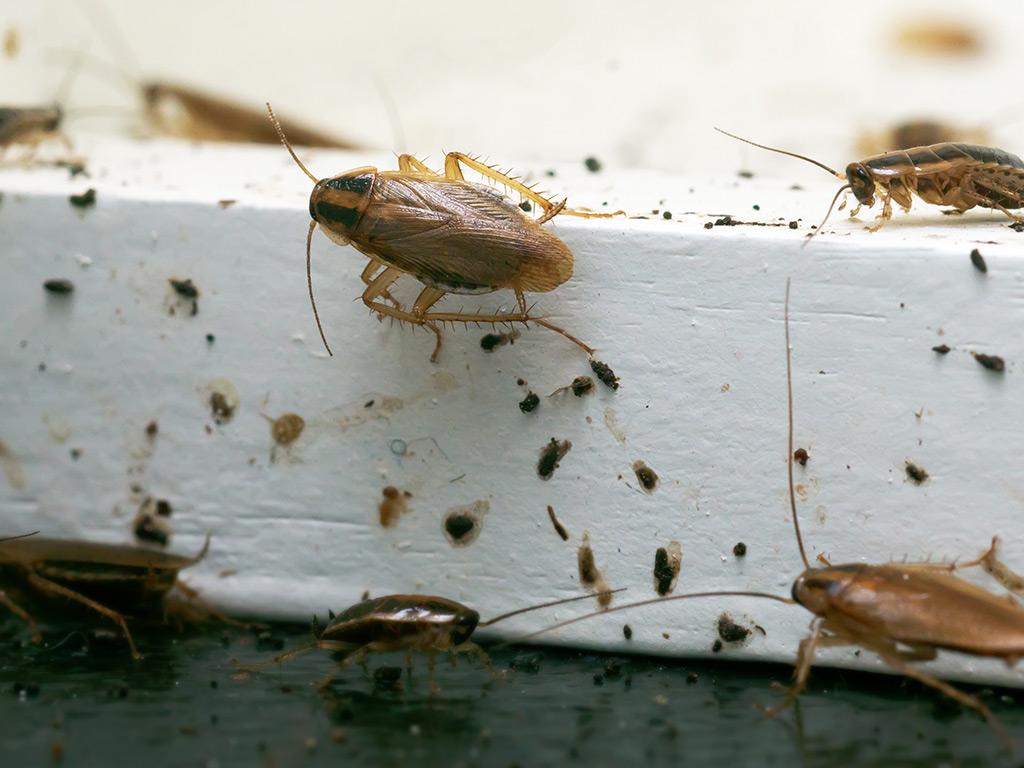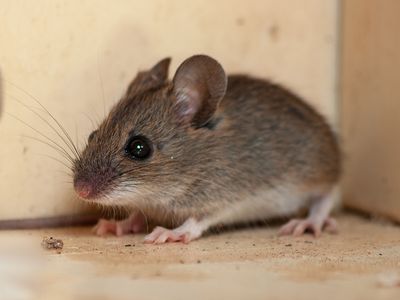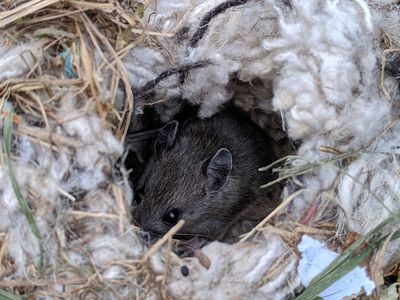What do German cockroaches look like?
German cockroaches are small, quick, and well-adapted to living indoors—especially in homes across Pennsylvania. Adults measure between ½ and ⅝ of an inch long. They’re light brown or tan with two dark stripes running down their backs, from head to wing base. While they have wings, they’re not strong fliers and usually stick to crawling. Their long, thin antennae help them sense their environment, even in tight spaces.

Why are German cockroaches in my home?
German cockroaches are drawn to the same things that appeal to humans: warmth, moisture, and a reliable food source. That’s why they’re often found in kitchens, bathrooms, and basements where plumbing is a little leaky or food crumbs go unnoticed.
Where should I check for German cockroaches?
If you suspect you have roaches, here are a few key places to inspect:
Indoors:
- Under and behind kitchen appliances (refrigerators, dishwashers, ovens)
- Inside cabinets and drawers
- Beneath sinks and around plumbing
- In laundry rooms, closets, or behind wall voids
Outdoors:
- Hiding beneath patio furniture or trash bins
- Under landscaping timbers or leaf piles
- Around the base of porches or decks
What do German cockroaches eat?
These roaches aren’t picky eaters. They’ll munch on:
- Human food (crumbs, grease, leftovers)
- Pet food (especially if left out overnight)
- Paper, glue, cardboard
- Hair, skin flakes, and even waste materials
They can survive on very little, which is one reason they’re such tough pests.
Are German roaches harmful?
Unfortunately, yes. German cockroaches don’t just gross people out—they can spread bacteria and pathogens that lead to foodborne illness. Their droppings, shed skins, and saliva are known to trigger allergies and worsen asthma symptoms, particularly in children or people with respiratory issues.
How fast do German cockroaches reproduce?
A single female can produce hundreds of offspring in her lifetime, and because their young develop quickly, a small problem can explode into a full-blown infestation before you realize what’s happening.
What are the signs of a German cockroach infestation?
Signs of a German cockroach infestation include, but are not limited to:
- Live adult cockroaches and nymphs (smaller versions of the adults)
- Egg cases, also called oothecae, which are small, brownish, and about 1/4 inch long.
- Droppings that resemble ground pepper or smear marks on surfaces.
- Shed skins that are discarded as roaches matures.
How do I get rid of German cockroaches?
This is one pest you don’t want to tackle with store-bought sprays. German cockroaches are highly adaptable and good at avoiding traditional treatments. DIY methods rarely address the full infestation, especially since roaches hide in wall voids and other hard-to-reach spaces.
For fast, effective roach control in Pennsylvania, contact Evergreen Pest Solutions. We offer proven treatments that eliminate German roaches and help prevent future infestations in homes and businesses.
How can I prevent German cockroaches?
Here are a few prevention tips to help keep roaches out:
- Seal cracks around doors, windows, and utility lines
- Store food in airtight containers
- Fix leaky faucets and dripping pipes
- Use dehumidifiers in basements or humid rooms
- Empty trash bins regularly and use tight lids
- Clean under appliances and inside cabinets
- Inspect secondhand items carefully before bringing them inside








